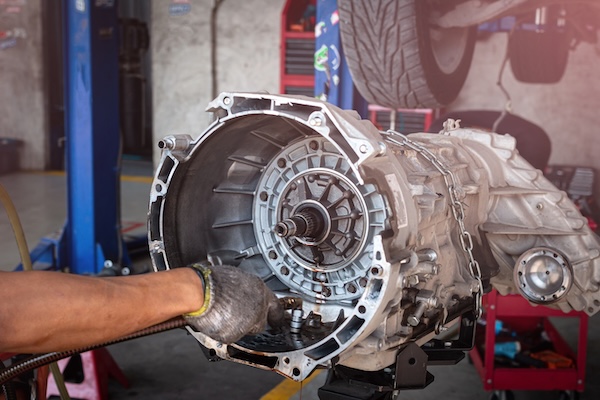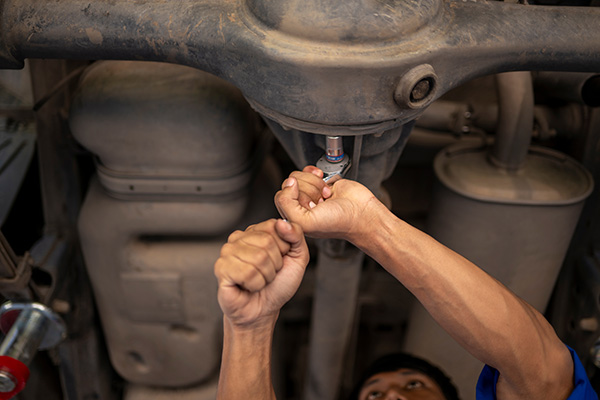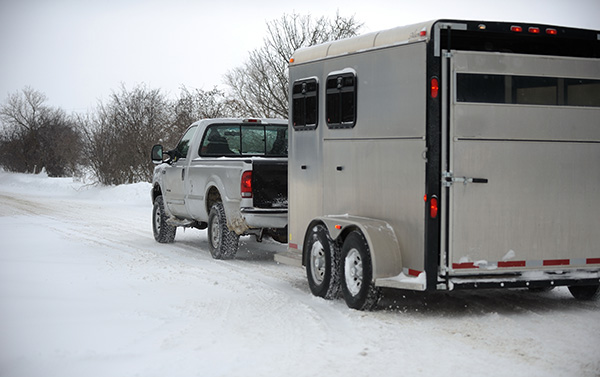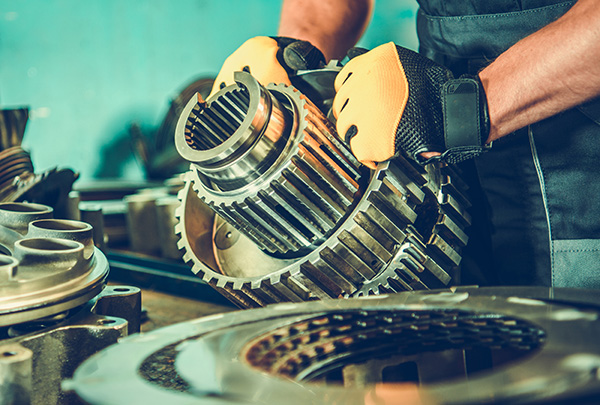Posted on 2/27/2026

Transmission problems can feel intimidating for any driver. The transmission is one of the most complex systems in a vehicle, and repairs can range from minor adjustments to major overhauls. Understanding the different types of transmission repairs—and where they fall on the spectrum from least to most complex—can help you make informed decisions when something doesn’t feel right. While not every issue leads to a major repair, knowing what’s involved behind the scenes can take some of the mystery out of transmission service. The Least Complex Transmission Repairs At the simpler end of the scale are repairs that don’t require opening up the transmission itself. These issues often involve maintenance or external components that support transmission operation. Transmission fluid service is one of the least complex tasks. Over time, transmission fluid breaks down, becomes contaminated, and loses its ability to lubricate and cool internal components. Replac ... read more
Posted on 1/30/2026

Drivetrain problems have a way of showing up at the worst possible time. You notice a new hum on the freeway, a clunk when you shift, or a faint gear-oil smell after parking, and suddenly you are wondering if it is safe to keep driving. The tricky part is that differentials can make noises that feel vague and hard to pin down. Mobile differential service is meant to take the guesswork out of it by bringing real diagnostics to the vehicle, so you get clear answers before a small issue turns into a loud, expensive one. What Mobile Differential Service Actually Covers Mobile differential work is not a quick look and a shrug. It is a structured inspection focused on the differential, gears, and axle-related components that commonly cause noise, leaks, and vibration. The goal is to confirm what system is responsible, then narrow it down to the most likely failure point. Some repairs can be completed on site, especially fluid-related issues and certain leak sources. Othe ... read more
Posted on 12/19/2025

Towing a trailer through the mountains asks more from your vehicle and from you as a driver. Long climbs, steep descents, and tight curves can turn a simple trip into a real test if you are not prepared. With the right prep and driving habits, you can keep control, protect your brakes and transmission, and make the trip feel a lot less stressful. Why Mountain Towing Is Different From Flatland Driving On flat highways, your tow setup might feel relaxed and stable. In the mountains, gravity is constantly working against you. You need more power to climb, more control to come back down, and more awareness of how heat builds up in brakes, transmission fluid, and engine cooling systems. The extra weight of the trailer makes every mistake bigger. If speed gets away from you on a downhill, it takes much longer to slow down. If your trailer is not balanced correctly, crosswinds and curves can push the rig around in ways that are hard to correct. Treating mountain towing as ... read more
Posted on 11/28/2025

Bigger tires, heavier armor, and steeper trails make many Land Cruiser owners think about gearing. The goal is simple, get usable torque off-road without ruining highway manners. Because Cruisers use both a transfer case low range and axle ring-and-pinion gears, you have more than one path to the right crawl ratio. Here is a practical guide to choosing ratios that match your tire size and driving mix. Gearing Basics: Axle Ratios, Low Range, and Crawl Ratio Your final drive at the wheels is a stack of multipliers. In 4-Low first gear, engine torque passes through the transmission’s first gear, the transfer case low range, and the axle ratio before it reaches the tires. Multiply those together and you get the crawl ratio. Taller tires undo some of that multiplication because a larger rolling circumference reduces torque at the ground. That is why trucks with 35s or 37s often feel lazy on hills unless you add gear reduction. When Regearing Makes Sense ... read more
Posted on 10/31/2025

Gear oil is one of those fluids that doesn’t receive much attention compared to engine oil or coolant, but it is essential for keeping your vehicle’s differential and axles working properly. Without the right lubrication, metal gears inside the differential can grind, overheat, and wear out far too quickly. Unfortunately, a few common mistakes with gear oil can lead to expensive repairs and even total axle failure. Let’s take a closer look at five gear oil mistakes that vehicle owners often make and why they should be avoided. 1. Ignoring Gear Oil Replacement Intervals Gear oil doesn’t need to be changed as frequently as engine oil, but that doesn’t mean it lasts forever. Over time, it breaks down from heat, pressure, and contamination. Most manufacturers recommend changing differential fluid between 30,000 and 60,000 miles, depending on driving conditions and vehicle use. Skipping this maintenance can lead to dirty, degraded oil that ... read more